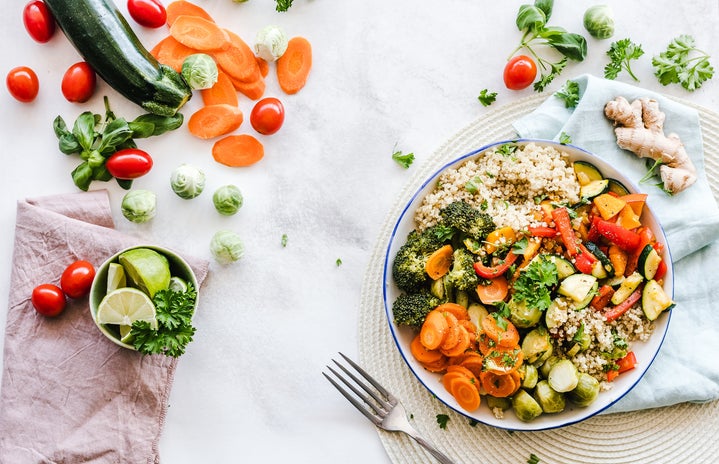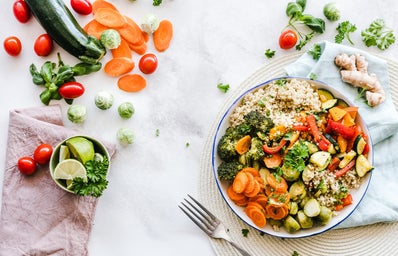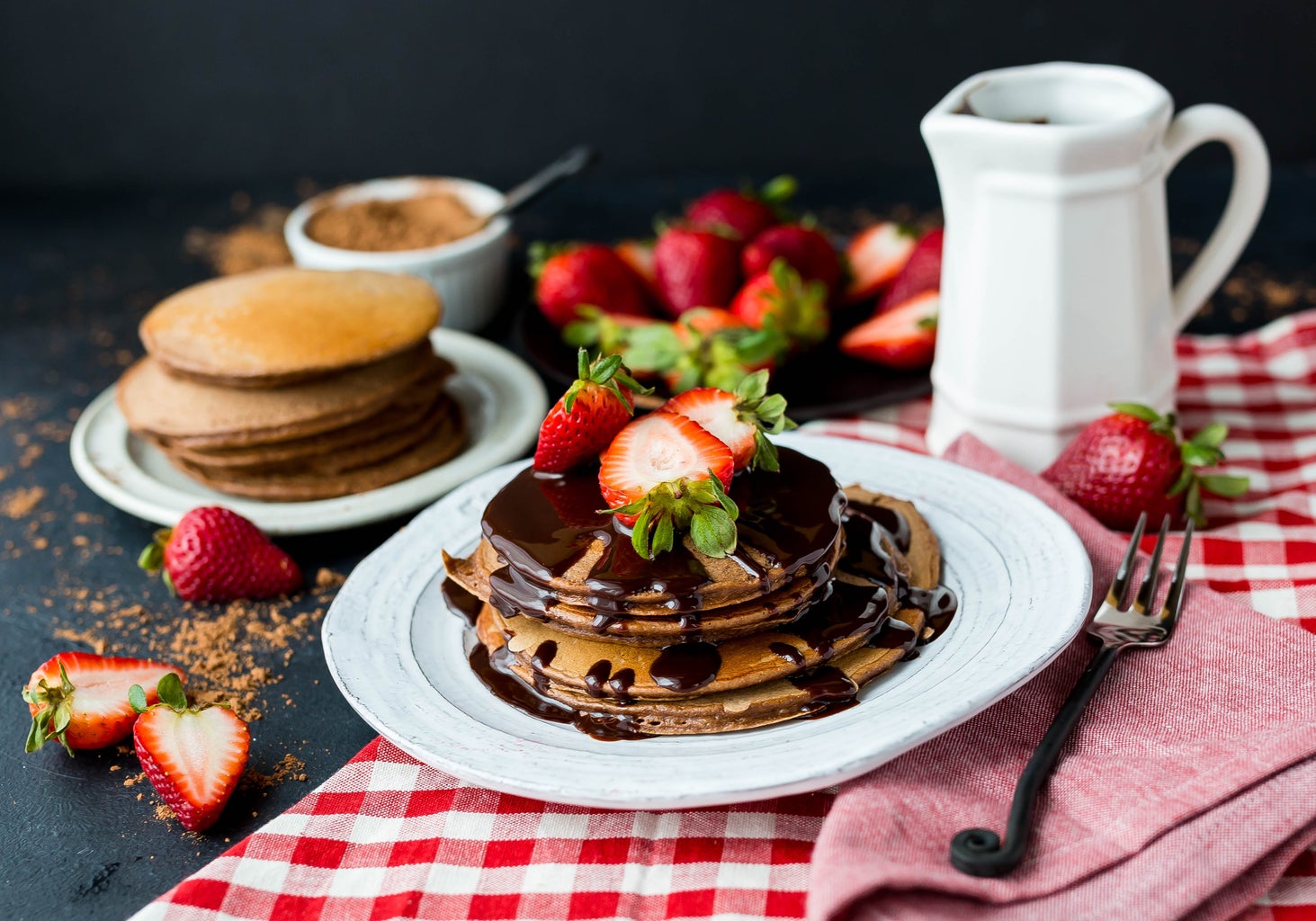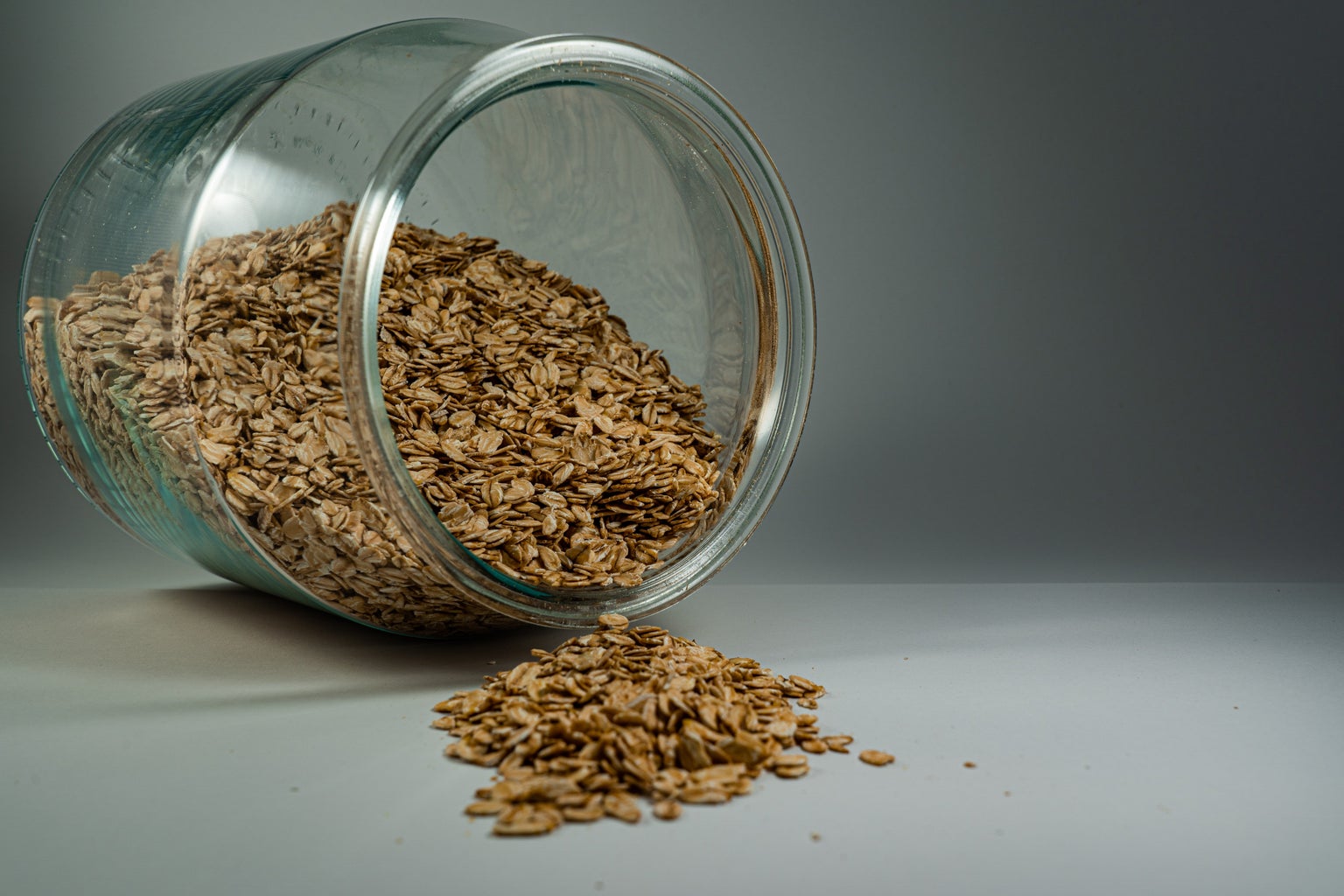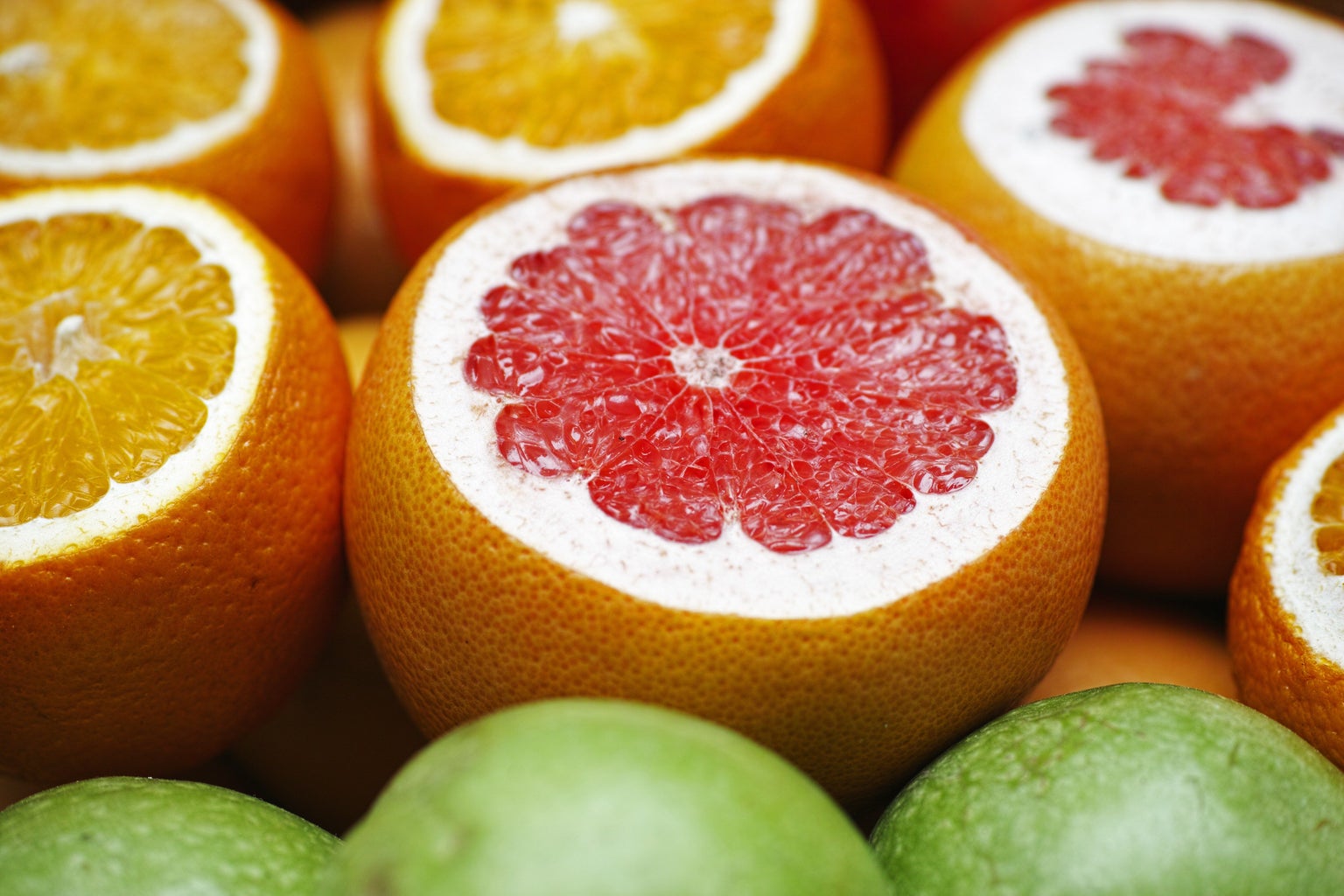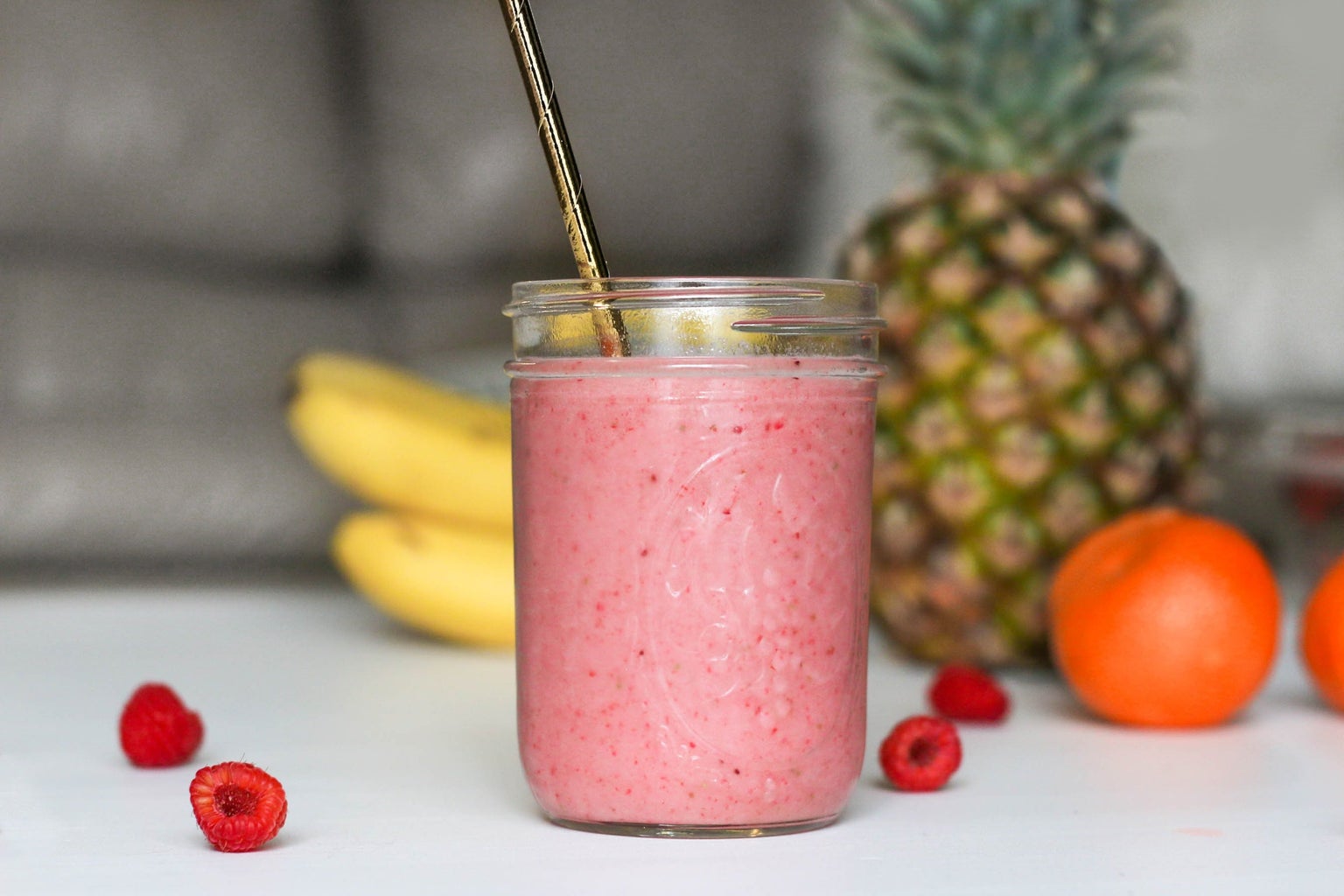It isn’t only our mindset and physical activity that lowers stress levels, it’s also the foods we eat! These four foods are scientifically proven to fight off stress. So why not give them a try? Let’s dive into a list of those foods so you can deal with your stressors from work, school, and life in general!
Four Foods for stress
1/4 Dark Chocolate
Dark chocolate can be found in a lot of desserts. What’s great is that it contains flavonols which act as antioxidants to lower cortisol levels (the primary stress hormone found in the human body) within the body.
When is it in season?
Um… always?!
One of the primary ingredients in dark chocolate, cocoa powder, is fantastic to add to your diet because of its relatively high levels of iron. Whenever you’re feeling stressed or experiencing any inflammation or pain is when it would be the best time to add some dark chocolate to your day.
some examples
You have a headache or a migraine? Have some hot cocoa!
It’s that time of the month? Munch on a chocolate bar!
… you’ll thank us later!
2/4 Whole Grains
So wait… carbs are bad but whole grains are good? Kind of. Refined “simple” carbs (i.e. white bread, white rice, pizza dough, white flour, pastries…) are unhealthier than whole grains. They don’t contain all the minerals, vitamins, and fibre found in whole grain “complex carbs.”
Whole grain examples
- Barley
- Brown rice
- Buckwheat
- Millet (found in a lot of gluten free loafs of bread)
- Oatmeal
- Popcorn
- Whole wheat pasta
Now, you might notice that grocery stores often hike up the prices of whole grains as opposed to refined grains. So, whole-grain foods are cheapest when made from scratch… Don’t know where to start?
Here, you can find quick and easy whole-grain recipes that can be made from home.
*NOTE: not to be confused with refined carbs!!*
However, it’s no secret that refined carbs still make us happy while indulging every once in a while, right? So, in that case, we’d say that, like anything in life, moderation is key…
Enjoy your doughnuts, cupcakes, pizza, and white bread so long as it follows a 80/20 breakup in your diet (or something similar) where 80% of what you’re eating is healthy (whole grains, healthy fats…) and 20% is the indulgent (sweets, salty foods, take out, refined baked goods, unhealthy fats…).
Don’t these doughnuts look yummy?
3/4 Avocados
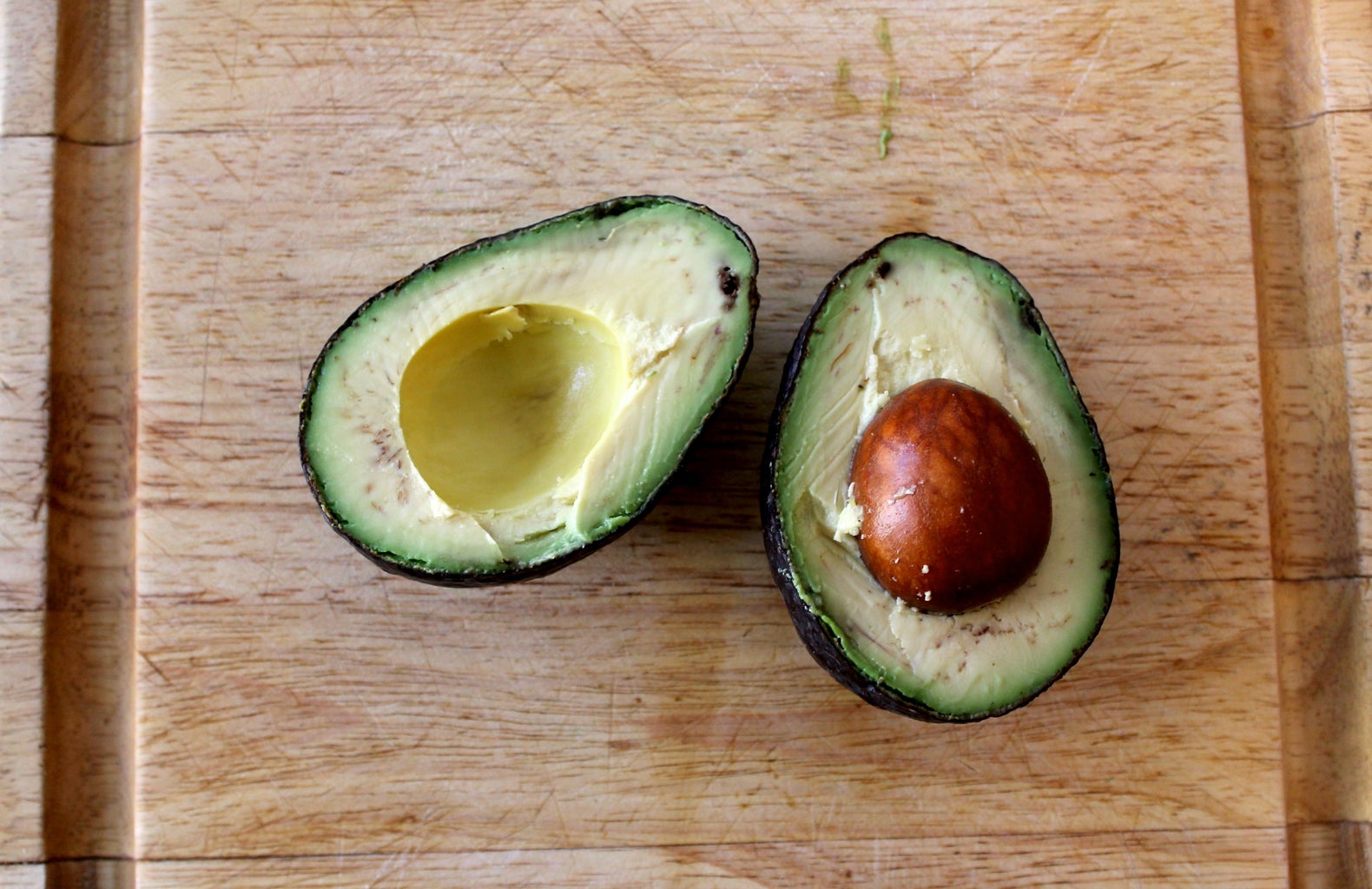
Did someone say vitamin B and vitamin K? Well look no further than avocados! They’re high in vitamin E and healthy fats too!
Vitamin B influences insulin (a hormone essential for blood sugar control) in the body.
Vitamin K helps with blood clotting (presents excessive bleeding) and strengthens bones (better protection of our internal organs; lower risk of osteoporosis and other bone-related illnesses).
Vitamin E improves vision, helps with maintaining healthy skin, and is said to widen blood vessels. Therefore, it’s needed in our diet to help in forming red blood cells and delivering oxygen to our body tissues through our circulatory system.
In 2019, Women’s Health online magazine found a connection between stress levels and weight gain.
Healthy Fats = “heart-healthy”/ fats
Foods high in healthy fats are fish, chia seeds, hemp hearts, dark chocolate, eggs, nuts, and seeds.
When are avocados in season?
Any time from January to March is typically when you’d find the best quality avocados with the best flavour. However, avocados are always in grocery stores for shoppers. If you’re not one to like the taste of avocado, try incorporating it into things you do like or maybe start small by adding it into your salads or smoothies or using it as a dip for your Tostitos®!
Here’s a really simple and easy guacamole recipe you can give a try.
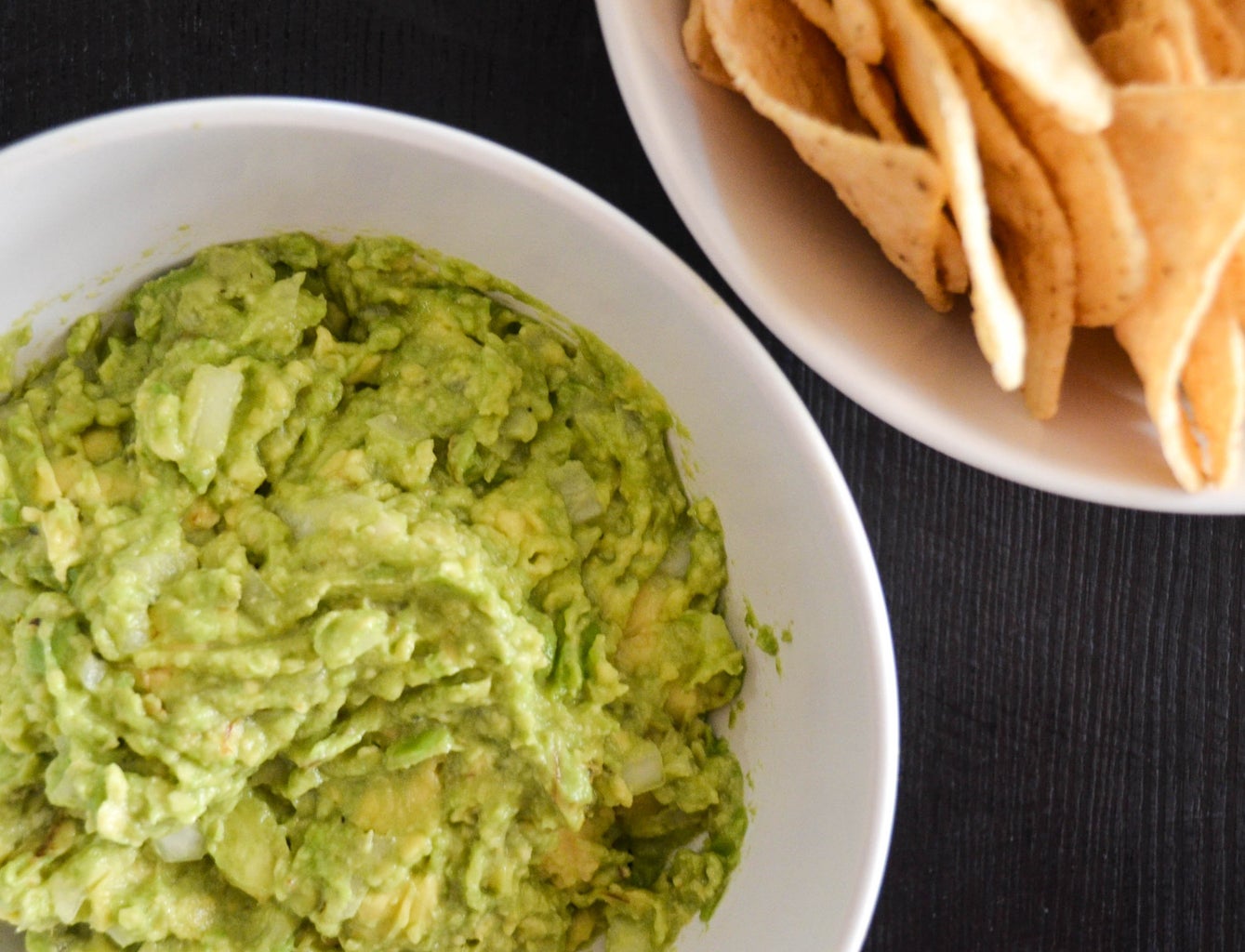
4/4 Citrus Fruit
Vitamin C! Citrus fruits like oranges, papayas, strawberries, grapefruit, guavas, lemons, limes, cantaloupes, and kiwis along with other foods high in vitamin C like spinach, kale, parsley, broccoli, and brussels sprouts, are great ways to get your blood pressure and cortisol levels down whenever you’re feeling stressed.
Another thing that’s great about vitamin C is that it helps boost your immune system which can be extremely helpful for people who are sick or are prone to getting sick.
Just in time for winter, here’s an article sharing 40 different vitamin C meals you should give a try!
Final words
Hopefully, this article finds those looking for a way to reduce their anxiety levels in a natural way. With the right mindset as well as the right amount of amount of exercise, hobbies, water, and these four foods (among other foods to complete the entire food pyramid) expect to be less overwhelmed in your day-to-day life whether that be at home, at work, or in school!
